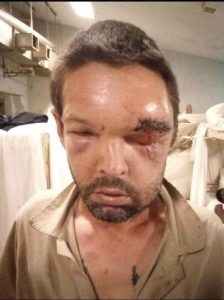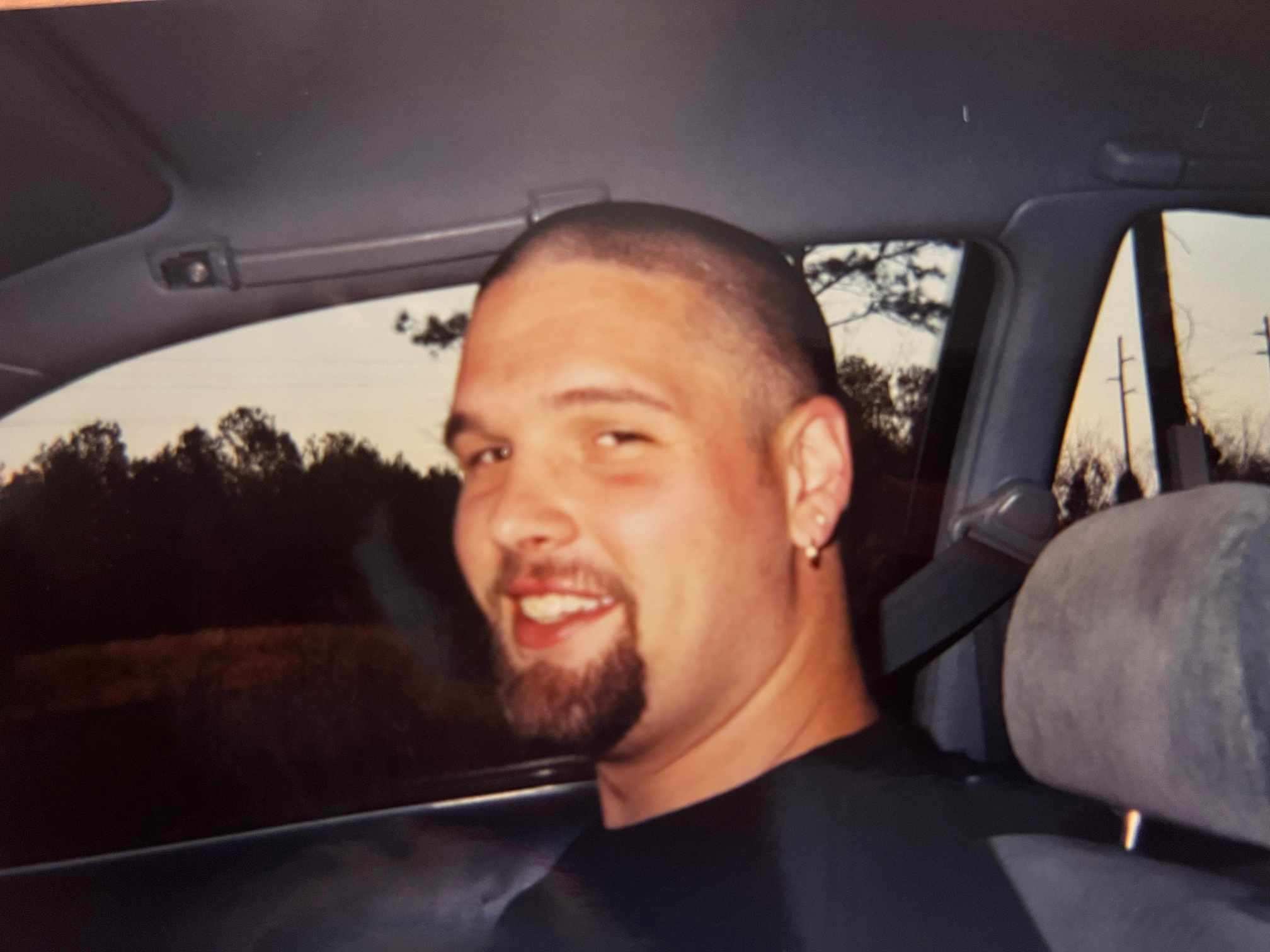|
Getting your Trinity Audio player ready...
|
Back in August, APR reported on Christopher Louis Latham, who was beaten with a weight at Staton Correctional Facility. The Alabama Department of Correction’s (ADOC) medical staff never treated Latham for any brain injury. Although he was moved to a hospital, it is unclear whether the hospital found any signs of brain damage.
Latham was relocated to Ventress Correctional Facility instead of Staton, where again he was assaulted in October by two inmates over an alleged $10 debt. However, this time Latham would suffer a traumatic brain injury and was placed on life support for several days before he passed away after his family decided to take him off the ventilator.
Kevin Hyatt, Latham’s uncle, spoke to APR about his nephew’s assault and his life.
“You can tell he had a hard time,” Hyatt said. “He did fight back though.”
According to Hyatt, the warden of Ventress, Karen Williams, told him that the prison could not offer protective custody because there were no empty cells.

Latham after being hit with weight

Latham in hospital after 2nd assault
The lack of cells is indicative of the overflowing population within ADOC facilities although this is due to the underwhelming parole rate granted to incarcerated people.
Latham only had two years before he would have been released. According to Hyatt, his nephew was preparing to re-enter society and rehabilitated himself from a drug addiction he began while incarcerated.
Latham was incarcerated 18 years ago at the age of 22 in connection to a robbery of a Waffle House while wielding a knife but Hyatt said that Latham never had the weapon or used it. Hyatt told APR that Latham’s accomplice blamed him and said he had the hunting knife resulting in Latham receiving a 20 year sentence despite having no prior felonies.
“I don’t excuse Chris for what he did but he didn’t deserve to die in prison,” Hyatt said.
The family is still seeking the completion of an autopsy to determine if Latham had not already suffered a traumatic brain injury from the first attack with the weight.
Hyatt said his nephew had a tough childhood due to several circumstances. Latham’s mother died of cancer when Latham was 16 or 15 years old and Latham witnessed his mother endure domestic abuse for years by his step-father throughout his childhood.
Hyatt said Latham’s step-father also beat Latham.
“How’s that going to affect you when you’re trying to develop,” Hyatt asked.
Hyatt said he wanted people to recognize Latham was a human and just like every human had faults and for people to understand his circumstances.
Several studies have demonstrated that children who endured childhood abuse or childhood trauma are more likely to commit crimes.























































